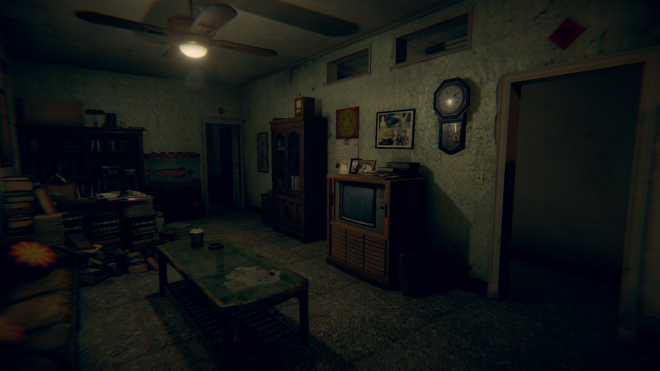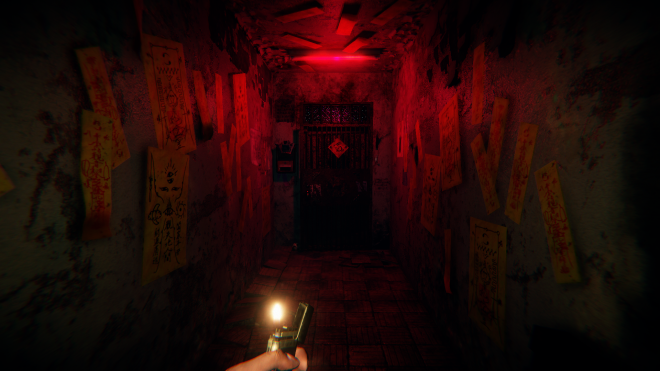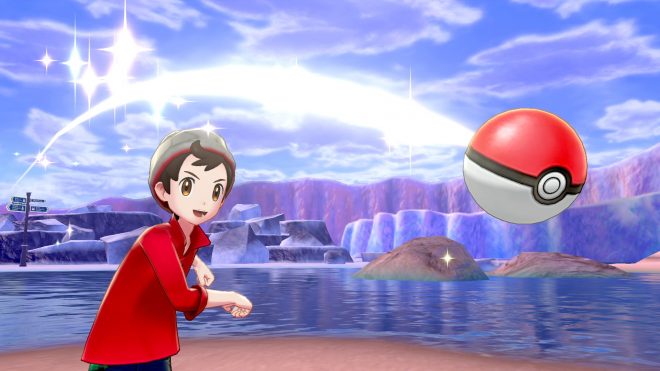Examples of Damage Control in Gaming: It Took Devotion to Exacerbate Diplomatic Tensions

Everything appeared to be going well for Taiwanese developer Red Candle Games, following the debut of atmospheric first-person PC horror game Devotion, a successor to previous game Detention. It takes place entirely within a Taiwanese apartment in the 1980s, which gradually shifts depending on the memories of the family members the main character tackles. After receiving superlative reviews from purchasers and several press outlets around the world, the game shot up to the Steam’s Global Top Sellers list within a mere two days. A good chunk of those sales came from Asian territories, specifically Taiwan (of course), Hong Kong, and China thanks to the nostalgia involved, the voice language used, and Eastern Asian references.
So, it’s amazing and frightening to see how that success all came crashing down for the developer and game thanks to an ostensibly small joke.
The game contains an Easter Egg that takes a shot at China President-for-Life Xi Jinping, comparing him to Winnie the Pooh and calling him a “moron.” It makes no sense for anyone who doesn’t know about this, but comparisons between Jinping and Pooh date back to 2013, when former president Barack Obama walked with Jinping. At the time, several Chinese bloggers compared the image of Obama and Jinping to Tigger and Pooh, respectively, perhaps due to the latter’s more rotund body shape. It couldn’t have been clearer that Jinping didn’t take it well, which led to the notoriously censorship-loving Chinese government to ban most depictions. This included the recent Christopher Robin film.

The Chinese people can’t help but love Jinping, thanks to a combination of brainwashing through propaganda and fear through law enforcement standing on his side. That’s why it wasn’t surprising to see them react so viciously to the joke. Both this game and Detention were review-bombed on Steam shortly after the discovery, and the ratings for both tanked far enough that Red Candle had to release a statement explaining how the team likes to reference such content in their games, but didn’t intend for this to make it into the final game. They also removed the offending jab in question through a small update. This was not enough to calm the anger, and this issue became considerably worse when Chinese reviewers discovered that the developer’s founder made several pro-Taiwan posts on social media.
For anyone in the dark as to precisely why the level of anger here shot up to 11 immediately: Tension has existed between the governments of China and Taiwan for years. It’s mainly due to the latter being its own independent country with a similarly independent government, which the Chinese government doesn’t like. Many Chinese people see nothing but anti-Taiwanese government propaganda, and it’s difficult-to-impossible for them to see other viewpoints. To them, an insult to their leader is an insult to their entire way of life.
Tensions rose even higher when Taiwan Vice Premier of the Legislative Yuan Chen Chi-mai streamed the game (start at 5:20), something he could easily find the time to do given its short length. (The game is only two-to-four hours long, and took him around three to complete.) This drew further attention to the game and scandal to the public in both countries. You can bet that Chinese politicians also took notice, which made this the equivalent of throwing a gas canister into a fire already out of control.

Meanwhile, Red Candle released another lengthy statement apologizing for everything, and warned fans not to fall for fake statements from unsavory online individuals pretending to be them. But they had trouble getting this statement out thanks to their account on China’s Weibo social media platform being shut down following the initial incident. The waters were already too muddy for them to figuratively swim their way out of this one.
This saga has sadly culminated in Devotion being removed from Steam’s storefront, though Red Candle claimed the above issues weren’t the entire reason for this. They instead said this was due to crashing issues that hindered game’s progress, and their need to examine every part of the game to make there aren’t other unforeseen Easter Eggs, and ease tensions with certain parts of the community. It wouldn’t be necessary to remove the game to fix technical issues, and promotional videos from their YouTube channel along with it, so this is definitely due to the incident. They might be biding their time until things calm down with their Chinese audience, but there’s no guarantee that will happen, especially among the bureaucratic types.
This entire situation shows how difficult it can be to release games in autocratic countries, and appeal to the citizens who live in them. Given how well their games have been received by those outside the country, hopefully this doesn’t kill Red Candle games. It could sell even better thanks to the promotional opportunity it received in Taiwan, and in other territories thanks to this scandal; but that assumes it will return soon. We’ll see.





